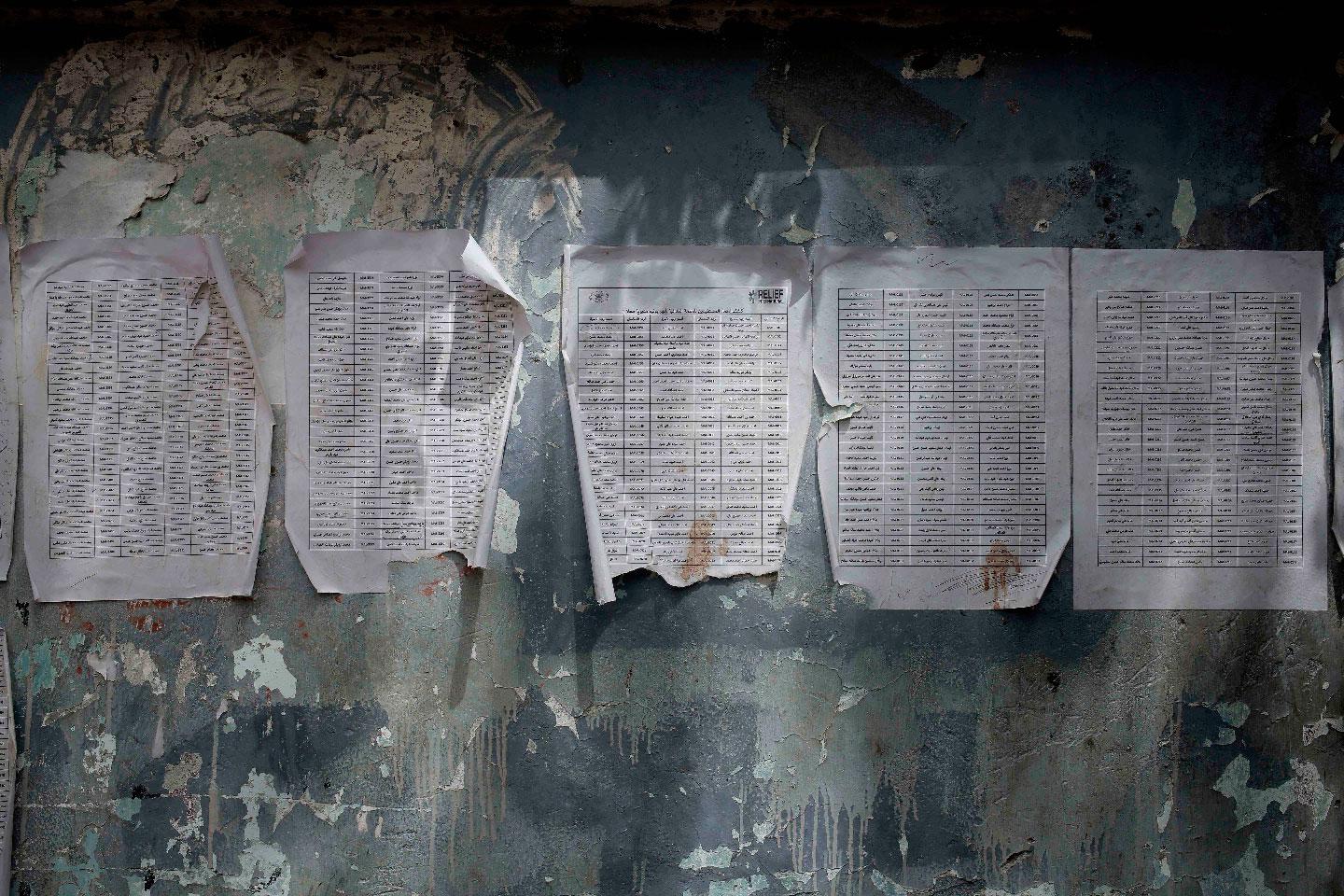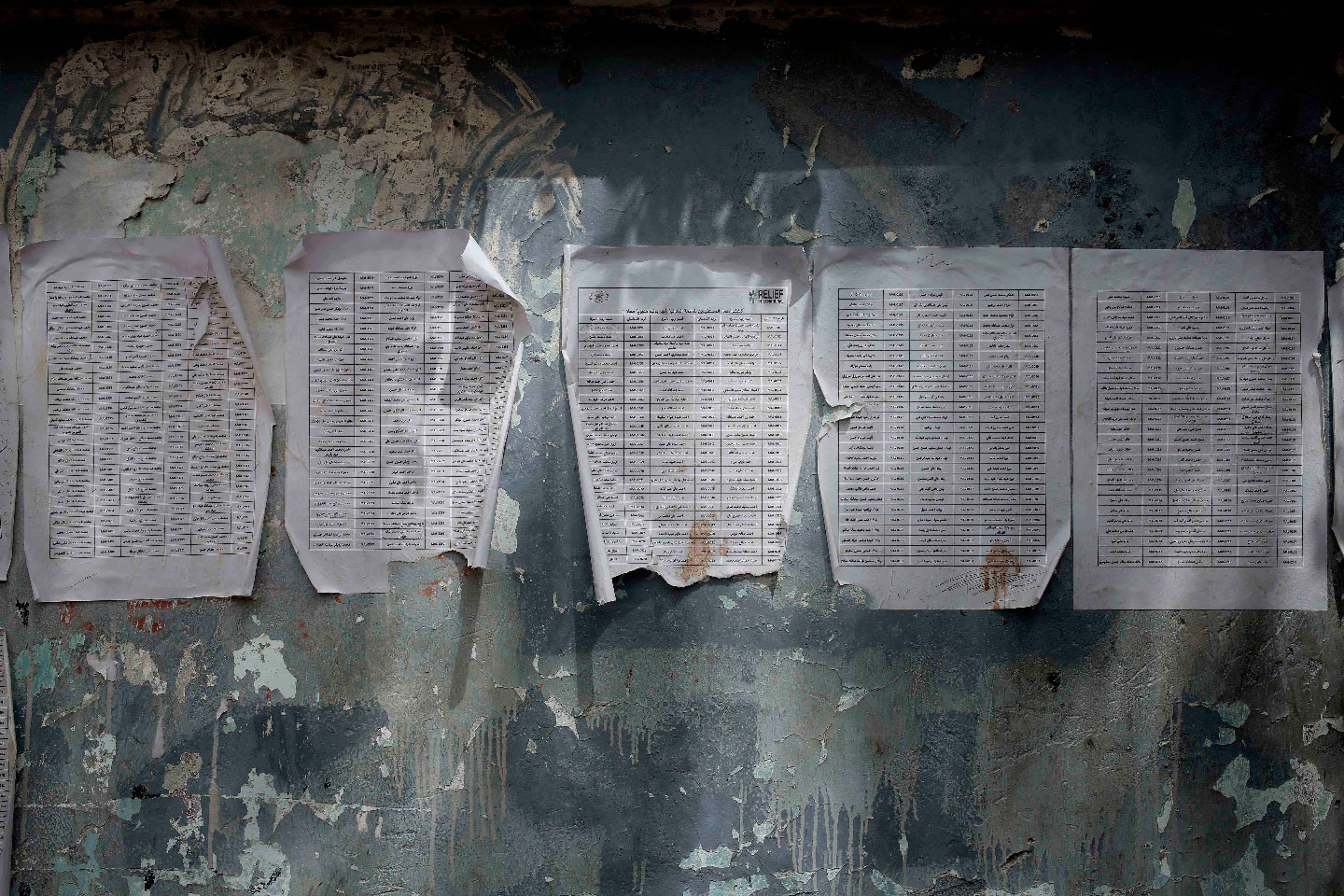WFP says Yemen food aid being stolen in Huthi-run areas
GENEVA - The UN World Food Proogramme (WFP) said on Monday that food aid meant for starving Yemenis is being stolen and sold in some areas controlled by the Huthi movement.
The Huthis control most towns and cities, including the capital Sanaa, from where they ousted Abd-Rabbu Mansour Hadi's government in 2014. A Saudi-led coalition intervened against the Huthis in 2015 with the aim of restoring his government.
After hearing that humanitarian food was being sold on the open market in Sanaa, WFP said it found many people had not received the food rations to which they are entitled, and that at least one local partner organisation affiliated with the Huthi Ministry of Education was committing fraud.
"This conduct amounts to the stealing of food from the mouths of hungry people," WFP Executive Director David Beasley said. "At a time when children are dying in Yemen because they haven't enough food to eat, that is an outrage. This criminal behaviour must stop immediately."
A Huthi official on Tuesday expressed "deep disappointment" with the statement, saying it was "not in line with WFP practices."
The rebels rejected UN accusations of selling aid meant for civilians, slamming the WFP for sending "rotten food" to the war-torn country.
"We are surprised by this position, which is not backed by evidence and proof... We welcome the formation of independent committees to investigate the violations," said Mohammed Ali al-Huthi, the head of the Huthis' Supreme Revolutionary Committee.
Al-Huthi hit back at the allegations, saying the WFP was "fully responsible for... quantities of rotten food" it sent to Yemen.
In comments carried by the rebels' Saba news agency, he said Yemen refused to allow this food into the country because "it violates standards and regulations and is not suitable for human consumption".
He also accused UN organisations of bias.
"The work of these organisations is mostly politicised, and their position... confirms their work has shifted from independent to subordinate" to the United States and Britain, he said.
Severely hungry people
Yemen's war and the ensuing economic collapse have left 15.9 million people, 53 percent of the population, facing "severe acute food insecurity" and famine was a danger if immediate action was not taken, a survey said this month.
WFP is trying to get food aid to as many as 12 million severely hungry people.
It said its monitors had gathered photographic and other evidence of trucks illicitly removing food from designated food distribution centres and local officials falsifying records and manipulating the selection of beneficiaries.
"It was discovered that some food relief is being given to people not entitled to it and some is being sold for gain in the markets of the capital," the WFP statement said.
Beasley said he was asking the Huthi authorities to stop food being diverted and make sure it reaches the people who need it.
Herve Verhoosel, WFP spokesman in Geneva, said WFP was looking at the possibility of distributing cash to needy people and whether a biometric identification system could be introduced, using personal data including iris scans and finger prints.
He said Beasley had written to the Huthi leadership about the WFP findings several days ago.
The Huthis are locked in a war with a Saudi-led regional military coalition, which is allied with Yemen's embattled government.
The conflict has triggered what the UN calls the world's worst humanitarian crisis, with 14 million people on the brink of famine.
Last month, Huthi rebels and government officials agreed to a UN-brokered ceasefire in the flashpoint Red Sea port city of Hodeida, a key gateway for aid and food imports to Yemen.
The ceasefire went into effect on December 18, but it has remained shaky with the two sides accusing each other of violations.
Nearly 10,000 people have been killed since Saudi Arabia and its allies joined the government's fight against the Huthis in 2015, according to the World Health Organization, although human rights groups say the real death toll could be five times as high.
More than 22 million people -- three quarters of the population -- now depend on humanitarian assistance to survive.



